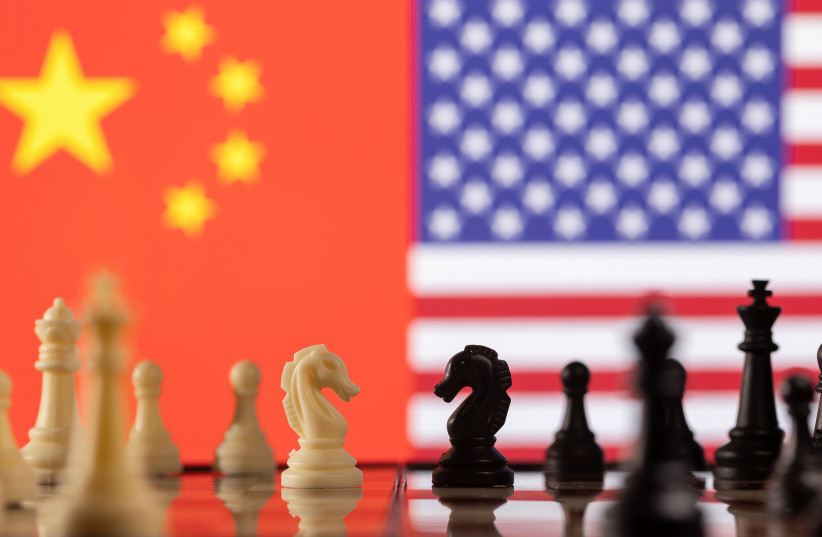Nineteen countries have a more positive view of the United States and its president Joe Biden than China and its president Xi Jinping, but more people believe China's influence is growing than America's, a survey released on Wednesday by Pew Research Center found.
Conducted between February 14 and June 3, the survey included over 24,000 adults in 19 countries.
Who wins - Biden or Xi?
The poll found that most people in the majority of countries had a favorable view of the US, while fewer than a third had a favorable view of China. However, these views varied widely in the Asia-Pacific region. In South Korea, for instance, 89% of respondents had a favorable attitude toward the US, while 19% had a favorable attitude toward China. On the other hand, in Singapore, 51% of respondents viewed the US favorably while 60% viewed China favorably.
Furthermore, the survey found that many more people had a favorable view of US President Joe Biden than Chinese President Xi Jinping. In Poland, where this is most pronounced, it is 82% vs 11%.
In Israel, 60% of respondents had a favorable view of Biden while only 20% had a favorable view of Xi.

A perception of growing power
However, Pew noted, positive views of Biden have fallen precipitously in the past year, dropping by double digits in almost every country surveyed.
Additionally, a median of 66% of respondents in 19 countries said that China's international influence is growing, while only 32% of respondents said that the US' influence is growing. Pew emphasized that this is most apparent in Australia, where it was 73% vs 19%.
In Israel, 74% of respondents said that China's international influence is growing, while only 26% of respondents said that the US' influence is growing.
Generational views
Pew added that younger people tend to have more favorable views of China than older people.
In 12 out of 18 countries surveyed, including the US, people under age 30 have more favorable views of China than people over age 50. In Japan, where this is most pronounced, 25% of respondents aged 18-29 had a favorable view of China while 71% had a favorable view of the US. In contrast, among people 50 and older, it was 8% vs 70%.
In Israel, there is not much of a distinction based on age. Some 53% of Israeli respondents aged 18-29 had a favorable view of China while 81% had a favorable view of the US. Of those over 50, it was 50% vs 86%.
